A Comprehensive Guide To Korean Holidays In 2025: Understanding Tradition And Celebration
A Comprehensive Guide to Korean Holidays in 2025: Understanding Tradition and Celebration
Related Articles: A Comprehensive Guide to Korean Holidays in 2025: Understanding Tradition and Celebration
Introduction
With great pleasure, we will explore the intriguing topic related to A Comprehensive Guide to Korean Holidays in 2025: Understanding Tradition and Celebration. Let’s weave interesting information and offer fresh perspectives to the readers.
Table of Content
A Comprehensive Guide to Korean Holidays in 2025: Understanding Tradition and Celebration

The Republic of Korea, a nation steeped in history and vibrant culture, observes a diverse range of holidays throughout the year. These holidays, a blend of traditional customs and modern observances, offer a unique window into the heart of Korean society. Understanding these holidays provides valuable insight into the values, beliefs, and social fabric of the Korean people.
2025: A Year of Festive Observances
2025 promises a year brimming with celebrations, each offering a unique opportunity to experience the rich tapestry of Korean culture. Here’s a detailed look at the major holidays anticipated in 2025:
1. New Year’s Day (January 1):
- Significance: The beginning of a new year, a time for reflection and setting new goals.
- Customs: Family gatherings, traditional Korean food, and ancestral rites are common.
- Impact: A nationwide holiday, allowing for family reunions and a break from routine.
2. Lunar New Year (February 10):
- Significance: One of the most important holidays in Korea, celebrated according to the lunisolar calendar. It symbolizes a fresh start and a time for family unity.
- Customs: Seollal, as it’s known in Korean, involves traditional greetings, ancestral rites, and the sharing of special foods like Tteokguk (rice cake soup).
- Impact: A week-long holiday, leading to a significant increase in travel and family gatherings.
3. Independence Movement Day (March 1):
- Significance: Commemorates the start of the Korean independence movement against Japanese rule in 1919.
- Customs: National ceremonies, commemorative events, and educational programs are held to remember the struggle for independence.
- Impact: A national holiday, signifying the importance of freedom and self-determination for the Korean people.
4. Arbor Day (April 5):
- Significance: A day dedicated to celebrating trees and promoting environmental awareness.
- Customs: Tree planting ceremonies and educational programs on the importance of forestry are common.
- Impact: A reminder of the importance of environmental conservation and the role of nature in Korean society.
5. Children’s Day (May 5):
- Significance: A celebration of children and their well-being, highlighting the importance of their future.
- Customs: Parks and amusement centers are filled with families celebrating with special events and activities for children.
- Impact: A day for families to focus on their children and create joyful memories.
6. Buddha’s Birthday (May 12):
- Significance: Celebrates the birth of Buddha, the founder of Buddhism, a significant religion in Korea.
- Customs: Temples host special ceremonies, and lanterns are lit to illuminate the path to enlightenment.
- Impact: A national holiday, signifying the importance of Buddhism in Korean culture and its influence on societal values.
7. Memorial Day (June 6):
- Significance: A day to honor and remember those who died in the Korean War and other conflicts.
- Customs: Visits to war memorials, ceremonies, and moments of silence are held to pay tribute to the fallen.
- Impact: A somber occasion, reflecting on the sacrifices made for the country’s freedom and security.
8. Constitution Day (July 17):
- Significance: Commemorates the adoption of the South Korean Constitution in 1948, establishing the nation’s fundamental principles.
- Customs: Educational programs and events are held to raise awareness about the importance of democracy and constitutional rights.
- Impact: A reminder of the foundation of Korean democracy and the importance of civic engagement.
9. Liberation Day (August 15):
- Significance: Celebrates the end of Japanese colonial rule in Korea in 1945.
- Customs: National ceremonies, commemorative events, and cultural performances are held to mark this significant day.
- Impact: A national holiday, signifying the importance of freedom and self-determination for the Korean people.
10. Chuseok (September 21):
- Significance: A major harvest festival, celebrated according to the lunisolar calendar, signifying gratitude for the year’s bounty.
- Customs: Family gatherings, ancestral rites, and traditional Korean games are common.
- Impact: A week-long holiday, leading to a significant increase in travel and family gatherings.
11. National Foundation Day (October 3):
- Significance: Commemorates the founding of the ancient Korean kingdom of Gojoseon in 2333 BC, considered the beginning of Korean history.
- Customs: Ceremonies and events are held to celebrate Korean history and culture.
- Impact: A national holiday, signifying the importance of Korean heritage and national identity.
12. Hangul Day (October 9):
- Significance: Celebrates the creation of the Korean alphabet, Hangul, by King Sejong the Great in 1443.
- Customs: Educational programs and events are held to promote the use and appreciation of Hangul.
- Impact: A national holiday, signifying the importance of language and literacy in Korean culture.
13. Christmas Day (December 25):
- Significance: Celebrates the birth of Jesus Christ, a holiday celebrated by Christians worldwide.
- Customs: Decorations, gift-giving, and festive gatherings are common.
- Impact: A widely celebrated holiday in Korea, reflecting the influence of Western culture.
14. New Year’s Eve (December 31):
- Significance: The last day of the year, a time for reflection and celebrating the year that has passed.
- Customs: Special meals, fireworks displays, and gatherings are common ways to celebrate the end of the year.
- Impact: A night for reflection and anticipation, setting the stage for the new year.
Understanding the Importance of Korean Holidays
These holidays provide a unique opportunity to understand the cultural values and traditions that shape Korean society. They offer a glimpse into the past, highlighting historical events and the struggles that shaped the nation’s identity. They also reflect present-day values, such as family, community, and respect for tradition.
FAQs
1. What is the significance of traditional Korean food during holidays?
Traditional Korean food plays a central role in holiday celebrations, serving as a symbol of family unity, abundance, and good fortune. Each dish holds special meaning and is often passed down through generations.
2. How do Korean holidays differ from Western holidays?
Korean holidays often emphasize family gatherings, ancestral rites, and traditional customs, whereas Western holidays may focus more on religious observances, commercial activities, and individual celebrations.
3. Are all Korean holidays national holidays?
Not all Korean holidays are national holidays. National holidays are recognized by the government and are observed as days off from work. Other holidays may be celebrated within families or specific communities.
4. How do Korean holidays impact daily life?
Korean holidays significantly impact daily life, leading to increased travel, family gatherings, and changes in business hours. Many businesses and public services operate on reduced schedules or close entirely during major holidays.
5. What are some tips for observing Korean holidays respectfully?
- Learn basic Korean greetings and expressions of respect.
- Dress modestly and avoid wearing revealing clothing.
- Be mindful of social customs, such as bowing and offering gifts.
- Show genuine interest in learning about Korean traditions and customs.
Conclusion
The Korean calendar is a rich tapestry of celebrations, each offering a unique window into the cultural heart of the nation. By understanding these holidays, we gain a deeper appreciation for the values, beliefs, and traditions that shape Korean society. These festive occasions are not merely days off from work but opportunities to connect with history, celebrate community, and experience the vibrant spirit of Korean culture.

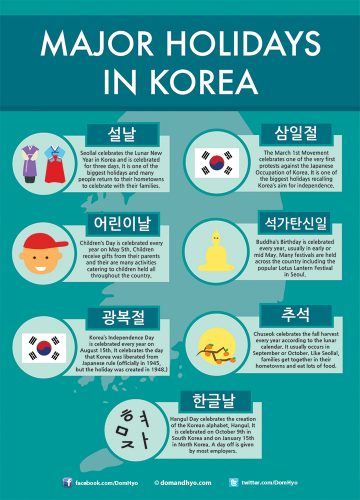

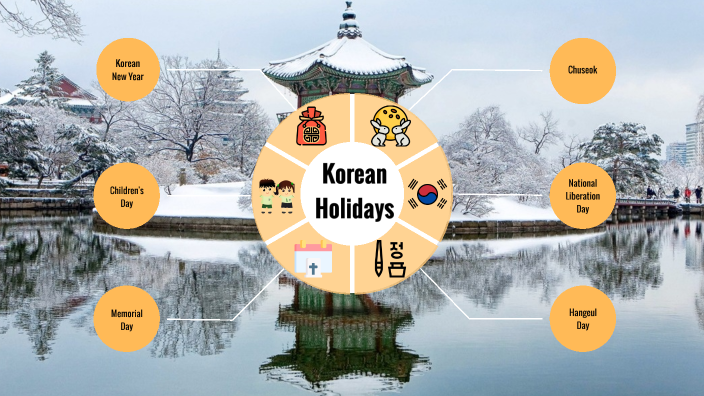
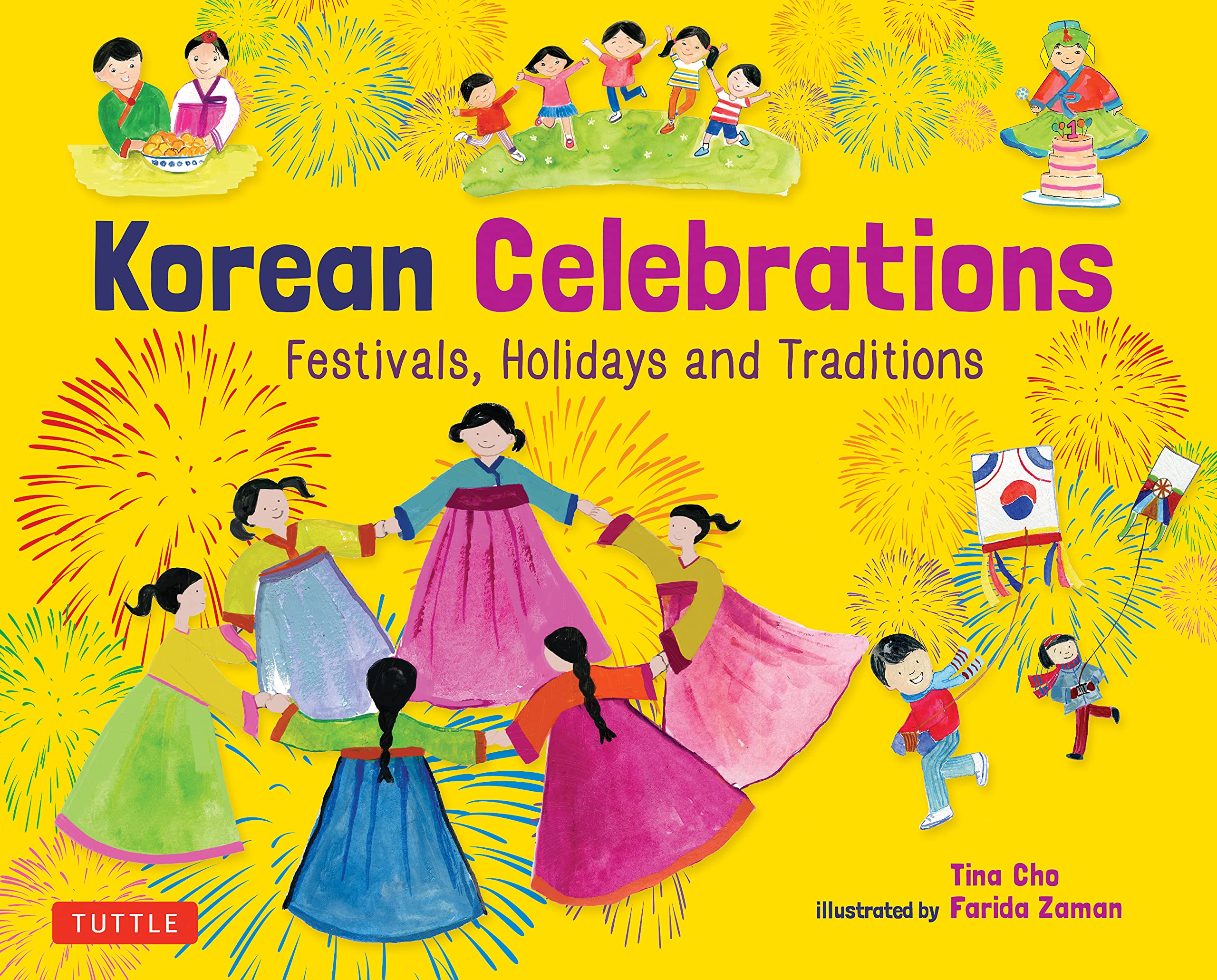

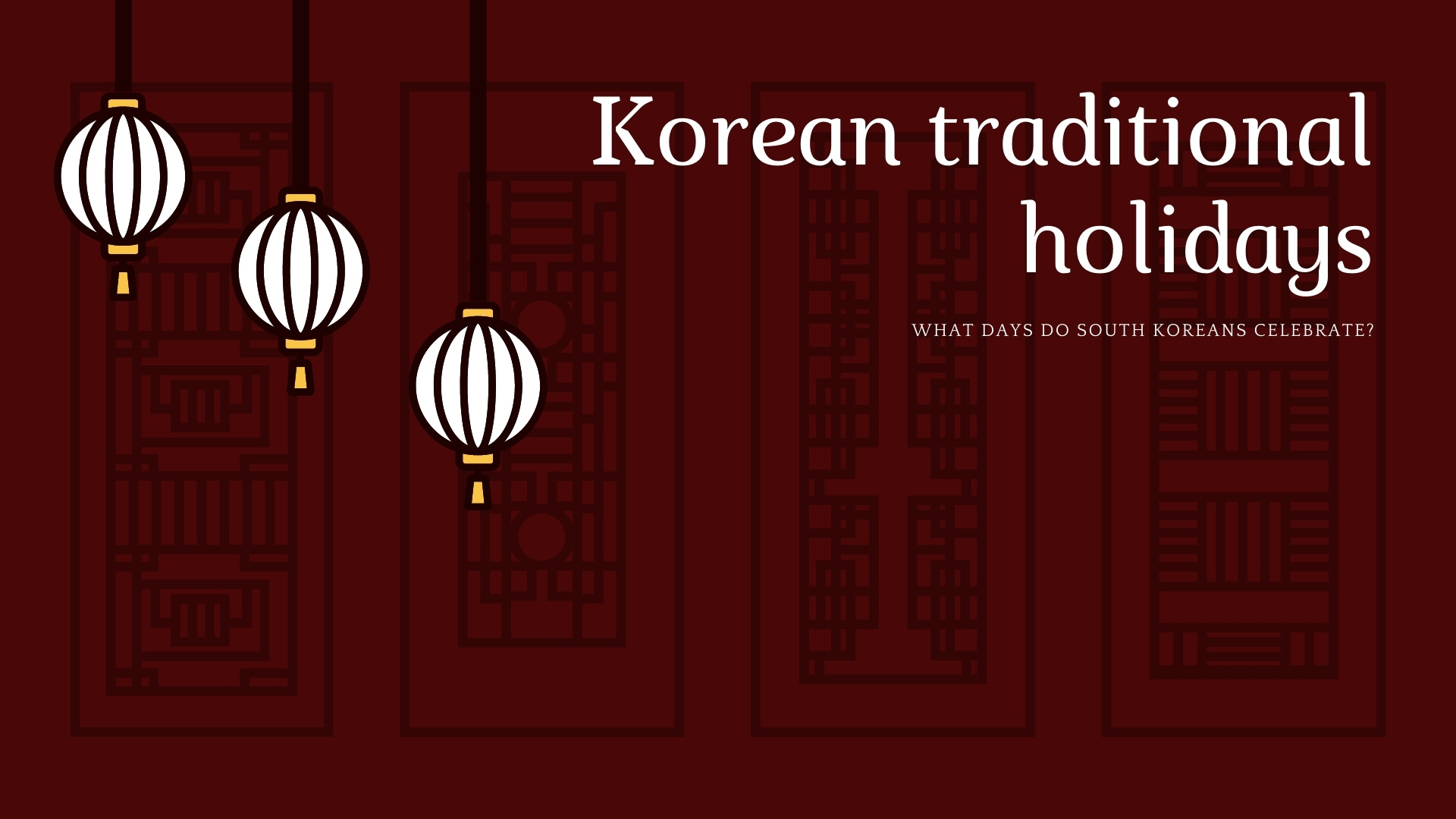
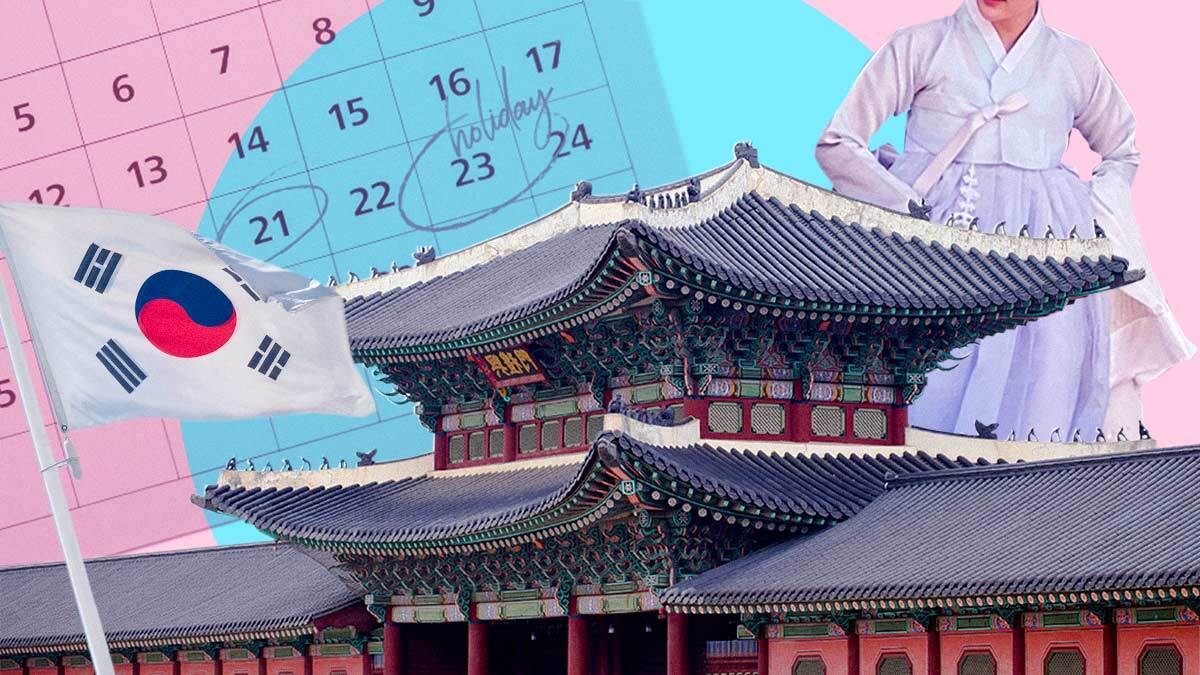
Closure
Thus, we hope this article has provided valuable insights into A Comprehensive Guide to Korean Holidays in 2025: Understanding Tradition and Celebration. We thank you for taking the time to read this article. See you in our next article!